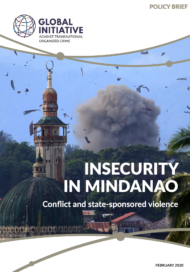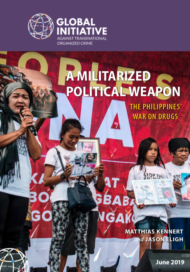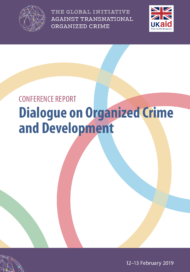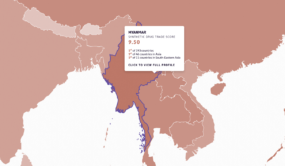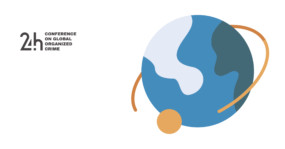Posted on 10 Feb 2020
This brief provides an overview of the challenges facing the various autonomous government authorities of Mindanao, in the southern Philippines, in transitioning the region from conflict to peacebuilding, and to assess the response of the Philippine state to these challenges. Mindanao has long been fractured by a toxic mixture of political violence, identity-based armed conflict, and ethnic and clan divisions, and has been beset by sustained rebel and terrorist violence. These divisive factors have militated against regional political unity and social coherence, exacerbated by the area’s socio-economic and development challenges.
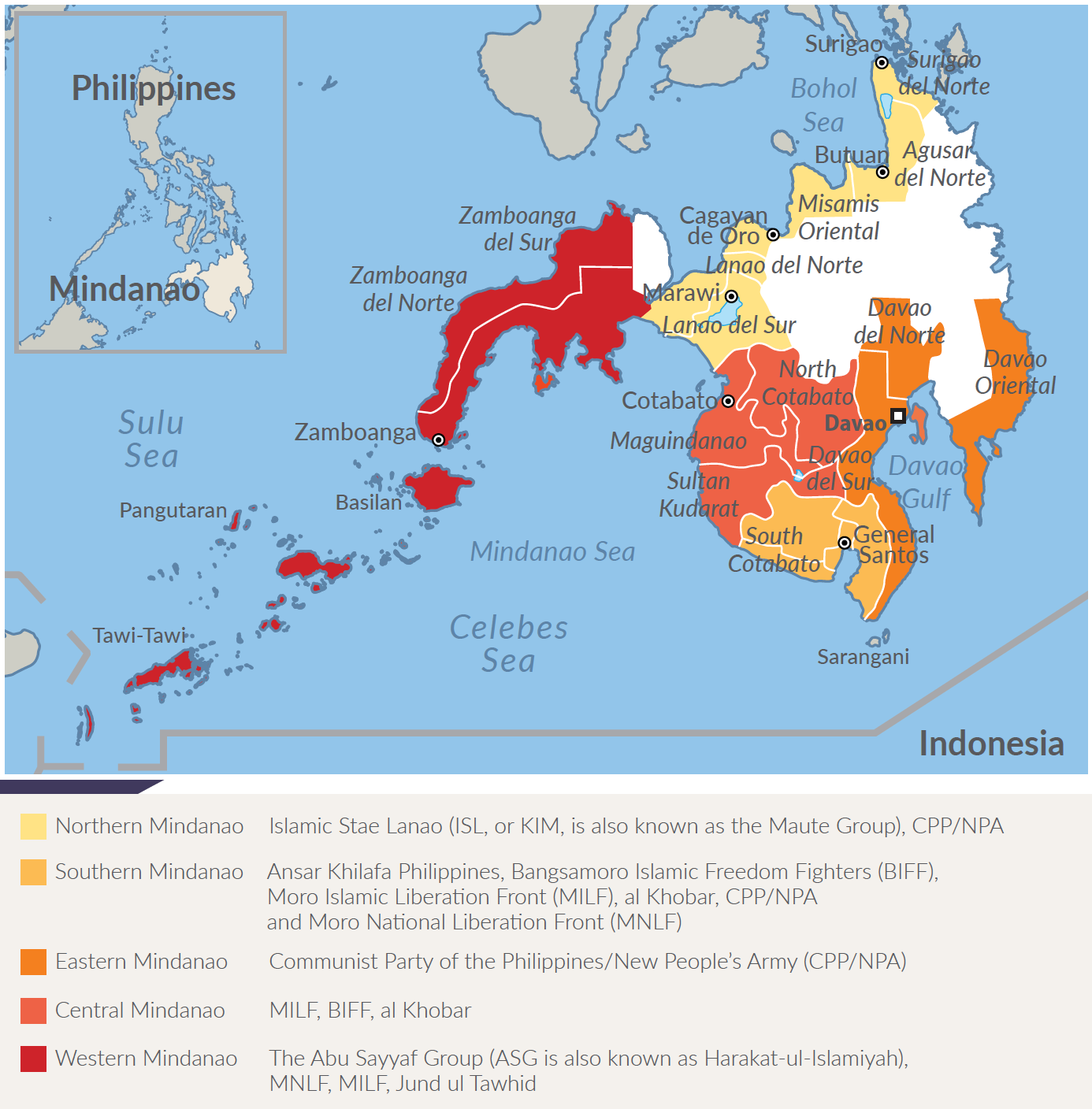
SOURCE: BenarNews and International Centre for Political Violence and Terrorism Research.
This context has also provided fertile ground for non-state armed groups involved in criminal enterprises to develop. When strongman Rodrigo Duterte was elected mayor of Davao, the capital of Mindanao, before he became president of the country, his approach to regional insecurity took the form of a highly securitized crackdown involving state-sanctioned and extrajudicial violence meted out by death squads. The methodology is qualitative and presents a narrative grounded in both primary and secondary data sets. These are supplemented by publicly available resources from news, research and civil-society organizations.
